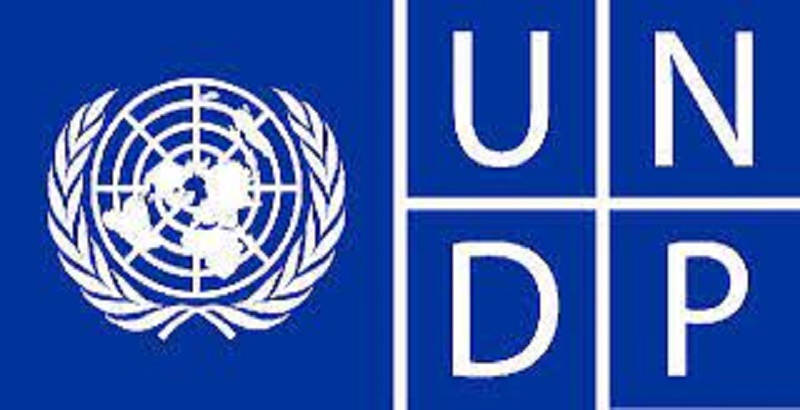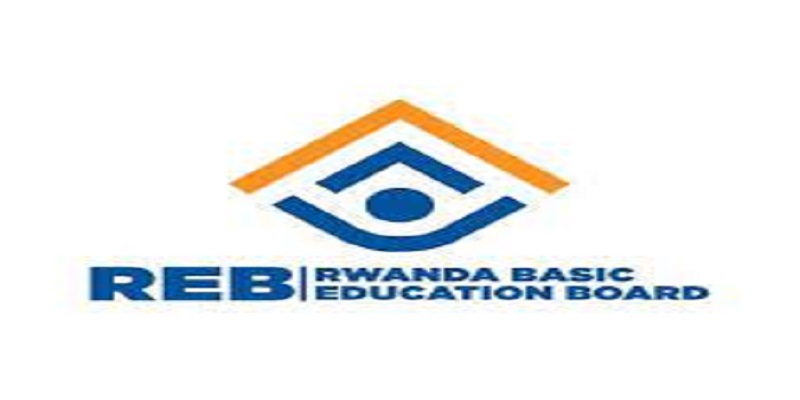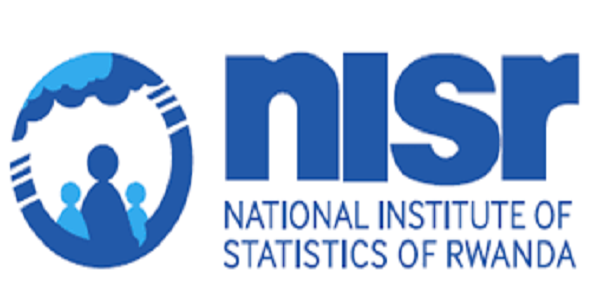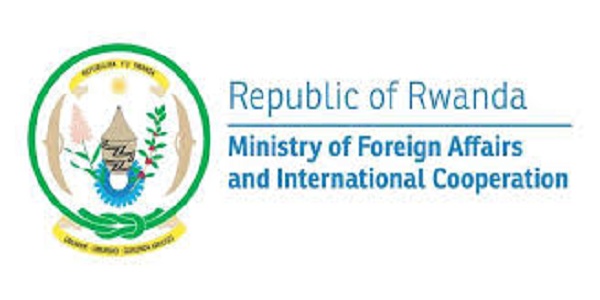Unpaid Care Work Programme Coordinator
Deadline 19 January 2024
UNDP is committed to achieving workforce diversity in terms of gender, nationality and culture. Individuals from minority groups, indigenous groups and persons with disabilities are equally encouraged to apply. All applications will be treated with the strictest confidence. UNDP does not tolerate sexual exploitation and abuse, any kind of harassment, including sexual harassment, and discrimination. All selected candidates will, therefore, undergo rigorous reference and background checks.
Background
UN Women grounded in the vision of equality enshrined in the Charter of the United Nations, works for the elimination of discrimination against women and girls; the empowerment of women; and the achievement of equality between women and men as partners and beneficiaries of development, human rights, humanitarian action and peace and security.
3R Programme Background:
UN Women is implementing a programme called the ‘Transformative approaches to recognize, reduce, and redistribute unpaid care work in women’s economic empowerment programming’ programme (‘3R Programme’) which will be implemented in Rwanda. The overarching goal of the programme is to remove the structural barriers to women’s full and equal participation in the economy by recognizing, reducing, and redistributing unpaid care work. The 3R Programme builds on UN Women’s expertise at the global, regional and country level as well as UN Women’s existing strong partnerships with women’s cooperatives and other women’s rights organizations, traditional leaders, communities, men and boys, and the private and public sectors to address unequal power relations, systemic discrimination and harmful norms and practices that underpin inequities in care work. In particular, the 3R programme will complement existing UN Women programmes on rural women’s economic empowerment in the three countries, by developing a care component which aims to recognize, reduce and redistribute women’s unpaid care and domestic workloads and overall time poverty.
About the Position:
The National Coordinator will report to the Programme Management Specialist and exercise overall responsibility for planning, implementing, and managing 3R Programme, including the financial management of the overall programme. The National Coordinator provides overall guidance to the Programme Associate in Rwanda and works in close collaboration with colleagues in Economic Empowerment as well as key partners and stakeholders. The national Coordinator is responsible for coordinating the knowledge management and communication efforts coming out of the programme, as well as results-based monitoring and reporting.
Duties and Responsibilities
Management of the 3R programme technical implementation:
- Manage the technical implementation of the programme and ensure synergies among the 3R programme Staff at national level;
- Manage the submission of financial and narrative reports;
- Organize Project review and/or evaluation meetings, as needed.
Manage the monitoring and reporting of the 3R Programme in Rwanda:
- Manage the monitoring of 3R programme implementation and finances using results-based management tools;
- Provide guidance to staff and partners on Results Based Management tools and performance indicators;
- Oversee field missions and review reports on monitoring missions, as needed;
- Write reports and donor reports, focusing on results, output and outcomes;
- Contribute to office donor and UN Women reports, as needed.
Oversee the Programme staff and manage the financial resources of the 3R Programme:
- Manage the programme budget and draft financial reports;
- Oversee the work of the programme Associate;
- Mentor and coach staff and support performance assessments;
- Oversee recruitment processes, as necessary.
Build partnerships and support in developing resource mobilization strategies:
- Develop and implement partnerships and resource mobilization strategies as needed;
- Finalize relevant documentation on donors and potential opportunities for resource mobilization;
- Analyze and research information on donors, prepare substantive briefs on possible areas of cooperation, identification of opportunities for cost sharing.
Manage advocacy, knowledge building and communication efforts:
- Develop and review background documents, briefs and presentations related to the 3R programme;
- Represent UN Women in meetings and policy dialogues on issues related to the 3R Programme, specifically around unpaid care, as necessary;
- Develop advocacy strategies at the national level and oversee their implementation.
- Work with the Programme Associate to identify best practices and lessons learned to guide programme improvement and strategy planning;
- Develop knowledge management strategies, products and methodologies related to the 3R Programme;
- Coordinate programme communication and visibility strategies including through overseeing social and multimedia communications.
Competencies
Core Values:
- Respect for Diversity
- Integrity
- Professionalism
Core Competencies:
- Awareness and Sensitivity Regarding Gender Issues
- Accountability
- Creative Problem Solving
- Effective Communication
- Inclusive Collaboration
- Stakeholder Engagement
- Leading by Example
Functional Competencies:
- Strong programme formulation, implementation, monitoring and evaluation skills
- Strong knowledge of Results Based Management
- Ability to synthesize programme performance data and produce analytical reports to inform management and strategic decision-making
- Strong knowledge of gender equality and the issues around unpaid care work
- Strong analytical skills
- Ability to identify and analyze trends, opportunities and threats to fundraising
- Ability to develop knowledge management and communications strategies
Required Skills and Experience
Education and certification:
- Master’s degree or equivalent in social sciences, human rights, gender/women’s studies, international development, is required.
- A first-level university degree in combination with two additional years of qualifying experience may be accepted in lieu of the advanced university degree.
- A project/programme management certification would be an added advantage
Experience:
- At least 2 years of progressively responsible work experience at the national or international level in design, planning, implementation, monitoring and evaluation of development projects;
- Technical experience on unpaid care work is an asset;
- Experience in coordinating and liaising with government agencies and/or donors is an asset;
- Experience working in the UN System is an asset;
- Experience developing knowledge management and communications strategies is an asset;
- Experience in leading/managing a team is an asset.
Language Requirements
- Fluency in English is required.
- Knowledge of French is an asset.
- Working knowledge of another official UN language is an asset.
All applications must include (as an attachment) a completed UN Women Personal History form (P-11) which can be downloaded from https://www.unwomen.org/sites/default/files/2022-07/UN-Women-P11-Personal-History-Form-en.doc
Please note that the system will only allow one attachment and candidates are required to include in the P-11 form links for their previously published reports and articles completed within the last two years. Applications without the completed and signed UN Women P-11 form will be treated as incomplete and will not be considered for further assessment.
Notes:
In July 2010, the United Nations General Assembly created UN Women, the United Nations Entity for Gender Equality and the Empowerment of Women. The creation of UN Women came about as part of the UN reform agenda, bringing together resources and mandates for greater impact. It merges and builds on the important work of four previously distinct parts of the UN system (DAW, OSAGI, INSTRAW and UNIFEM), which focused exclusively on gender equality and women’s empowerment.
Diversity and inclusion:
At UN Women, we are committed to creating a diverse and inclusive environment of mutual respect. UN Women recruits, employs, trains, compensates, and promotes regardless of race, religion, color, sex, gender identity, sexual orientation, age, ability, national origin, or any other basis covered by appropriate law. All employment is decided on the basis of qualifications, competence, integrity and organizational need.
If you need any reasonable accommodation to support your participation in the recruitment and selection process, please include this information in your application.
UN Women has a zero-tolerance policy on conduct that is incompatible with the aims and objectives of the United Nations and UN Women, including sexual exploitation and abuse, sexual harassment, abuse of authority and discrimination. All selected candidates will be expected to adhere to UN Women’s policies and procedures and the standards of conduct expected of UN Women personnel and will therefore undergo rigorous reference and background checks. (Background checks will include the verification of academic credential(s) and employment history. Selected candidates may be required to provide additional information to conduct a background check.




